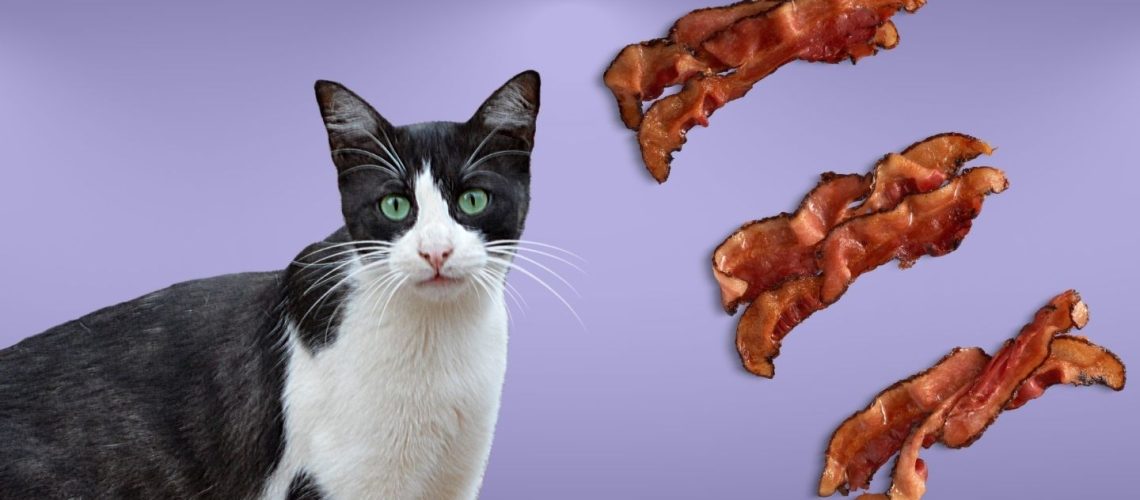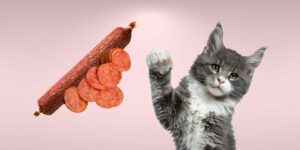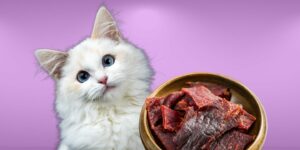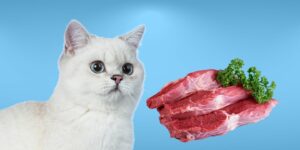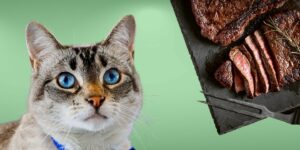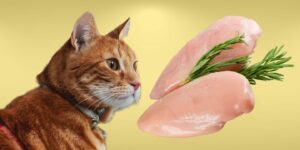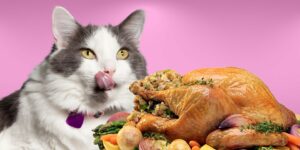Can cats eat bacon? The short answer is no, cats should not eat bacon. Although it might seem like a tasty treat, bacon is high in fat and salt, which can be harmful to a cat's health. In addition, bacon is a processed meat that is not part of a cat's natural diet and contains artificial additives and preservatives that can be harmful to cats. This comprehensive article will discuss the risks of feeding your cat bacon and offer healthy alternatives to ensure your cat has a balanced and nutritious diet.
Risks of Feeding Your Cat Bacon
High Fat Content
Cats have difficulty processing high amounts of fat and may experience digestive issues such as diarrhea or vomiting when consuming bacon.
High Salt Content
Excessive salt intake from bacon can lead to salt poisoning in cats, causing symptoms like vomiting, diarrhea, tremors, and even seizures.
Pancreatitis
High-fat foods like bacon can contribute to the development of pancreatitis, a painful and potentially serious condition for cats.
Obesity
Feeding your cat calorie-dense, fatty foods like bacon can lead to weight gain and obesity, which can cause various health problems.
Artificial Additives and Preservatives
Bacon often contains nitrates, nitrites, and other additives that can be harmful to cats.
Human Foods That Are Safe for Cats
Cooked Chicken or Turkey
Lean, cooked poultry is a good source of protein for cats and is a better alternative to bacon.
Canned Tuna
Cats can safely eat small amounts of canned tuna in water, but should not eat tuna packed in oil or seasoned with spices.
Cooked Eggs
Cooked eggs can provide valuable nutrients for cats, but they should be cooked without added butter or oil.
Foods to Avoid Giving Your Cat
Onions and Garlic
These common kitchen ingredients are toxic to cats and can cause damage to their red blood cells.
Grapes and Raisins
Grapes and raisins can cause kidney failure in cats.
Chocolate
Chocolate contains theobromine, which is toxic to cats and can cause vomiting, diarrhea, and even seizures.
Caffeine
Cats are more sensitive to the effects of caffeine than humans and can experience rapid heart rate, tremors, and seizures as a result of consuming caffeinated beverages or foods.
Monitoring Your Cat's Health
Regular Veterinary Checkups
Schedule regular checkups with your veterinarian to ensure your cat is in good health and to discuss any concerns about their diet.
Watch for Signs of Illness
If your cat experiences any unusual symptoms, such as vomiting, diarrhea, or lethargy, consult your veterinarian right away.
Maintain a Healthy Weight
Monitor your cat's weight and body condition to ensure they are maintaining a healthy weight and not at risk for obesity-related health issues. In conclusion, it is essential to provide your cat with a well-balanced diet that does not include bacon or other unhealthy human foods. Always consult with your veterinarian to determine the best food choices and portion sizes for your cat's specific needs.

